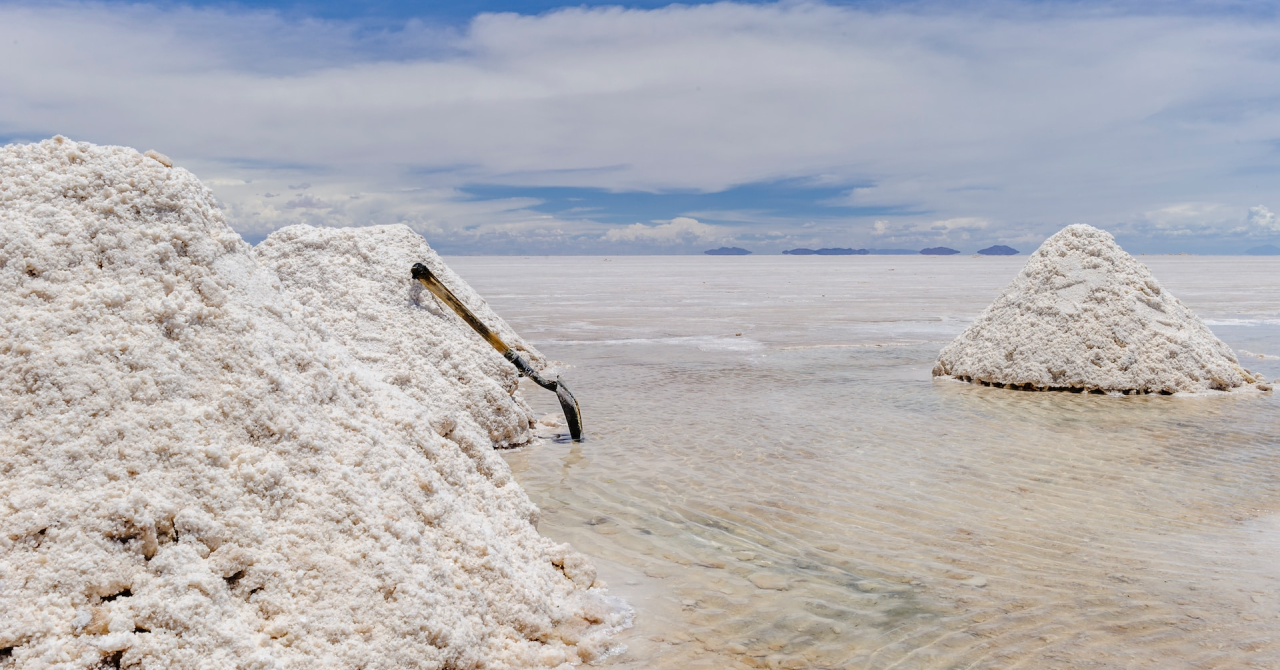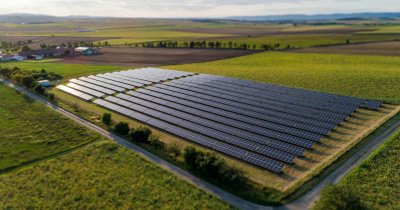Electrive writes that one paragraph of the documentation stated that officials from both regions want to "deepen cooperation in the field of sustainable raw materials value chains that are necessary for the clean energy and digital transition of both partners."
Through the partnership, the officials also want to build an industry dedicated to the extraction and processing of the raw materials. The deal also follows five areas of development, among which are the integration of sustainable raw material value chains and the collaboration on research and development of new battery technology in order to reduce the footprint on the climate.
The goal of the partnership is the diversification of EU's supply of resources for materials that are critical for the production of batteries, so that by 2030, 10% of the EU’s demand for critical raw materials should be covered by its own mining, 40% by local processing and 15% by EU recycling plants.
As imports will still be necessary, EU officials also signed multiple other deals in the past years with countries such as Canada and Namibia to get battery-critical minerals from multiple sources.
Also, per ESG Today, officials at the European Investment Bank (EIB) recently announced funding worth 800 million euros for projects aimed at supporting climate action in Argentina, Brazil and Chile.
This is part of the EU's Global Gateway initiative, by which the EU and its member states will put 300 billion euros towards sustainable projects that can offer quality solutions to climate challenges, such as better healthcare systems and mitigating climate change-related events.
Werner Hoyer, President of the EIB, said that "I am proud to see the cooperation between the European Union and Chile growing through investments in climate and new green technology. These initiatives demonstrate how Team Europe and Global Gateway can bring value to partners like Chile in their ambitious climate action agenda."
 Mihai - Cristian Ioniță
Mihai - Cristian Ioniță












Any thoughts?